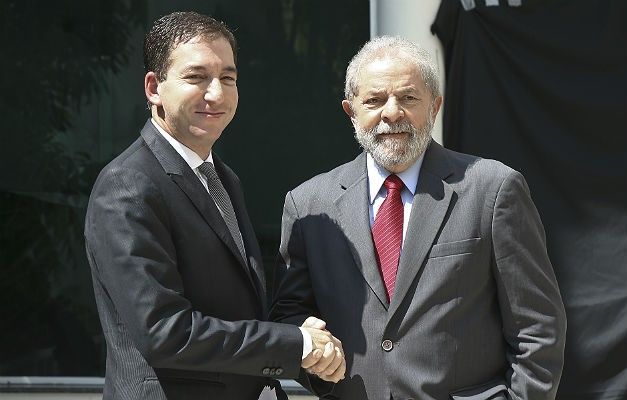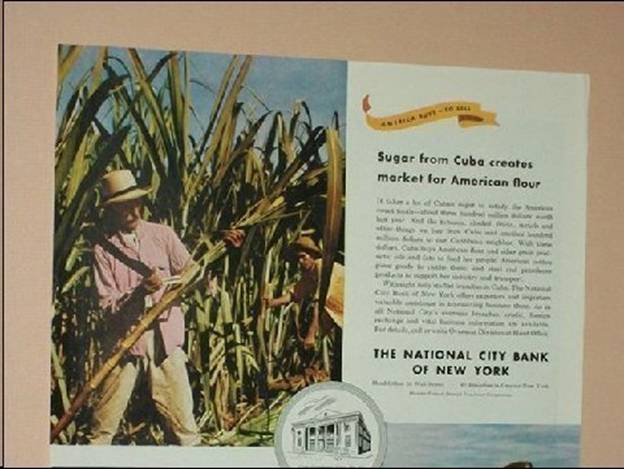If you would like to see us continue to do what we have been doing these past 4 years, then please help us stay on the net by donating off to the right at the orange pay pal button. The PTB's harassment is NOW mostly during fund raising.
We wish to thank all of you for your support and contributions, and wish you a happy and "prosperous New Year". God bless you all for what you are trying to do in awakening others to the truth and having the courage and integrity to fight back for your nation.
Vatic Note: What I keep saying in all these blogs is "Its amazing what we do not know about our history or our "real world", but also about the motivations for all that has gone on in most of the centuries since our independence. Or are we independant? If we don't know, then we are not.
This is a must read and very educational. As we say, "this is not a fast food information site". Prepare to spend some time here and learn more than we will every know through traditional means. Keep in mind that the international bankers also own publishing companies that publish history books. Gee, what a surprise that they are in part owned by the bankers.
Just look at who the players are, how the Federal Reserve got started, and many other pieces of information that we had no clue about. This whole thing about the Spanish American war was really all about profits, gee, does that sound familiar? The sugar cane industry was running our government back then, just like oil, drug companies, etc run our current government while leaving our American children to rot in the hot sun of another country.
Illuminati Playbook: The Spanish American War
http://henrymakow.com/2014/01/illuminati-playbook-the-spanish.html
By James Perloff
(henrymakow.com)
The Spanish-American War of 1898 bore remarkable parallels to today's realpolitik.
• As Ferdinand Lundberg documented in America's Sixty Families, President William McKinley was ruled by Wall Street, especially the Rockefellers' National City Bank. McKinley had gone bankrupt while governor of Ohio, and was bailed out by a syndicate headed by Rockefeller front man Mark Hanna, who became McKinley's political manager and White House boss. Said Chicago's Chronicle (April 14, 1898): "The Rothschilds and the Morgans control the White House."
• Like today, Americans were growing disgusted with the corrupt Democratic and Republican parties, and the nominal distinctions between them. The Populist Party was formed in 1891 out of grass-roots opposition to Wall Street's political domination. The Rockefeller-Morgan-Rothschild axis decided to distract Americans with a new "enemy": Spain.
• The choice was not coincidental. Spain ruled Cuba, which by the 19th century had become the world's richest colony and largest sugar producer. National City Bank coveted Cuba's "white gold" as a complement to Standard Oil's "black gold."
• The Yellow Press, led by William Randolph Hearst and Joseph Pulitzer, began inundating Americans with fabricated tales of Spanish oppression: Spaniards feeding Cubans to sharks, roasting Cuban priests, slaughtering hospital patients where no hospital even existed.
• The decision to send the battleship Maine to Havana was made at a secret White House meeting of which no minutes were kept. Unknown to the ship's captain, Charles Sigsbee, neither the Spanish nor even the American consulate had been forewarned - but no shooting erupted, and the Spanish permitted her to dock.

(Early false flag, the sunken Maine)
• Hearst paid bribes to have the correspondence of Spanish ambassador Enrique Dupey de Lôme spied on. In violation of diplomatic immunity, a letter critical of McKinley was stolen and reprinted in The New York Journal under the headline "THE WORST INSULT TO THE UNITED STATES IN ITS HISTORY." Two days later - with anti-Spanish sentiments at peak - the Maine exploded in Havana harbor, killing 266 crew members.
• When the Maine sunk, the assistant secretary of the Navy was Teddy Roosevelt. After the war he became Governor of New York, and by 1901 was President of the United States. When the Lusitania sunk, the assistant secretary of the Navy was his cousin Franklin D. Roosevelt - who likewise went on to become Governor of New York and then President.
• The official U.S. naval court of inquiry could not determine who was responsible for the explosion, but the Yellow Press left no room for doubt. America went to war with the battle cry "Remember the Maine!"
• The last thing Spain wanted was to provoke America into war. The Spanish knew their navy (still mostly wooden) could not compete with America's steel warships, and defending an island less than 100 miles from the U. S. coast was impossible. The Spanish caved in to all demands from the McKinley administration, including recalling Cuba's governor Valeriano Weyler, and offering to give Cuba semi-autonomy.
• In chilling hypocrisy, McKinley claimed he had "exhausted" all diplomatic efforts, and secured a Congressional resolution authorizing military intervention unless "Spain relinquish its authority and government in the island of Cuba" (translation: "hand your sugar industry over to the banksters").
• Spain elected to fight the hopeless war for one reason: all Spaniards considered Cuba part of Spain. To surrender it would have meant revolution at home. The Spanish chose war with honor over disgrace and revolution.

Left: National City Bank advertisement promotes its Cuban sugar holdings.
• National City Bank financed the war with a $200 million loan, negotiated by Assistant Treasury Secretary Frank Vanderlip. After the war, the bank rewarded Vanderlip by making him its president, in which capacity he attended the Jekyll Island meeting that birthed the Fed. To help repay the loan, a telephone use tax was levied on the American people which remained in place for 108 years.
• Unsurprisingly, the USA won the war in four months. Mark Twain wrote that "when the smoke was over, the dead buried and the cost of the war came back to the people ... it suddenly dawned on us that the cause of the Spanish-American War was the price of sugar."
As Lundberg noted, after the war "the Cuban sugar industry gravitated into National City's hands."
• In his book War Is a Racket, Major General Smedley Butler - at the time of his death the most decorated marine in American history - wrote: "I have spent 34 years in active service as a member of the Marine Corps. And during that period I spent most of my time being a high-class muscle man for big business, for Wall Street and for the bankers.... I helped make Haiti and Cuba a decent place for the National City Bank to collect revenues."
• Hypocrisy characterized the war. American troops were told they were "fighting colonialism," yet under the surrender terms, the United States seized all of Spain's remaining colonies: Puerto Rico, Guam, and the Philippines. So rubes wouldn't catch on, these were now called "possessions" instead of "colonies."
Troops were also told they were fighting so Cubans could have "self-government." Yet when the Filipinos asked for self-government, they were crushed in the Moro wars (1899-1913), during which the U.S military killed some 20,000 Filipinos. Lots of sugar in the Philippines.
Troops were also told they were fighting so Cubans could have "self-government." Yet when the Filipinos asked for self-government, they were crushed in the Moro wars (1899-1913), during which the U.S military killed some 20,000 Filipinos. Lots of sugar in the Philippines.
• As always, the war was about more than profit. Dismembered as a world power, Spain no longer stood in the way of the New World Order. For the first time, Americans were persuaded that their military's duty was not merely national defence, but to "right wrongs" overseas.
In the war's wake, the Populist Party disintegrated. And Britain, as the lone European nation to side with America instead of Spain, melted the ill-will that had lingered since the Revolutionary War: in 1898 the Anglo-American League was formed, with branches in the U.S. and England. The League led to the founding of the elitist Pilgrims Society, parent organization to the CFR and Royal Institute of International Affairs.
In the war's wake, the Populist Party disintegrated. And Britain, as the lone European nation to side with America instead of Spain, melted the ill-will that had lingered since the Revolutionary War: in 1898 the Anglo-American League was formed, with branches in the U.S. and England. The League led to the founding of the elitist Pilgrims Society, parent organization to the CFR and Royal Institute of International Affairs.
The past is prologue - you just won't find that prologue in "mainstream" history books, because the Illuminati own the publishing houses.
For a much more detailed discussion of the war, see this author's article in The New American.
------------
***James Perloff has authored several books, including Truth Is a Lonely Warrior, published in 2013 in both Kindle and paperbound. It comprehensively describes the Illuminati drive to create world dictatorship through world government, and discusses many suppressed facts of history.***
- See more at: http://henrymakow.com/2014/01/illuminati-playbook-the-spanish.html#sthash.juY7UMuc.dpufThe article is reproduced in accordance with Section 107 of title 17 of the Copyright Law of the United States relating to fair-use and is for the purposes of criticism, comment, news reporting, teaching, scholarship, and research.
No comments:
Post a Comment